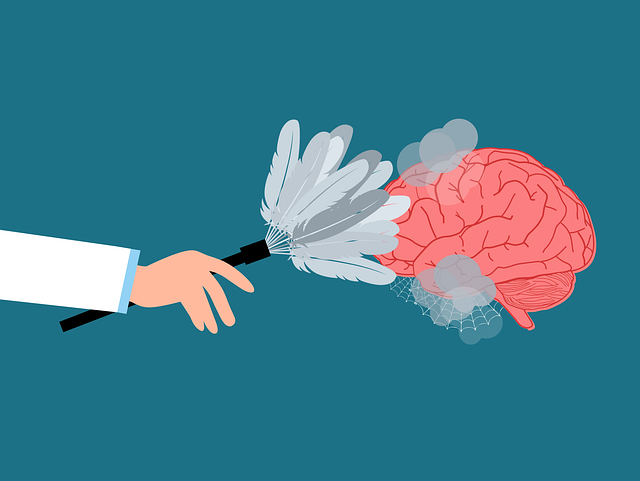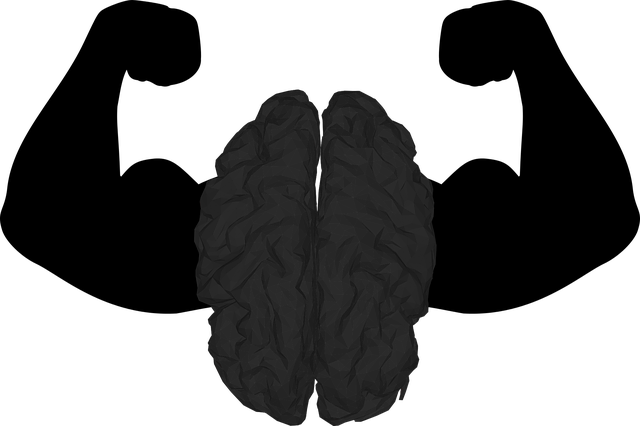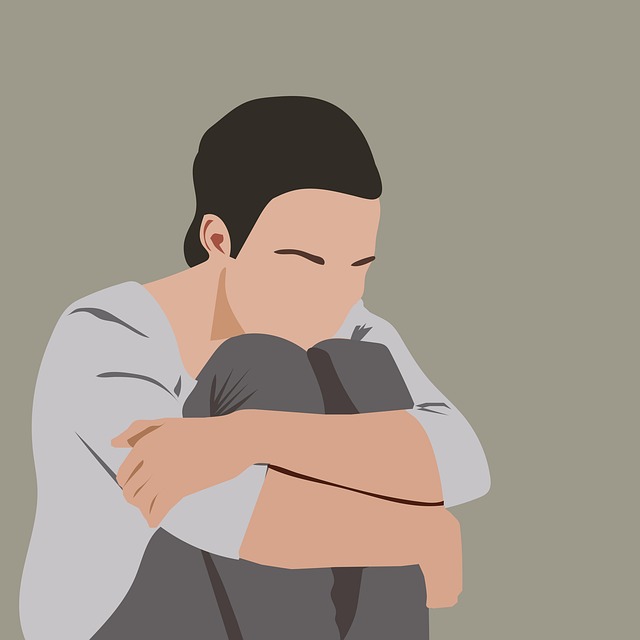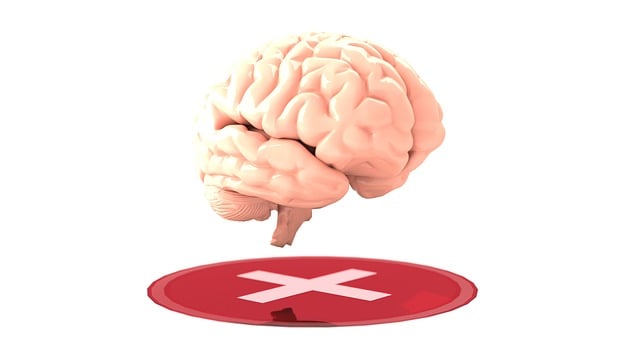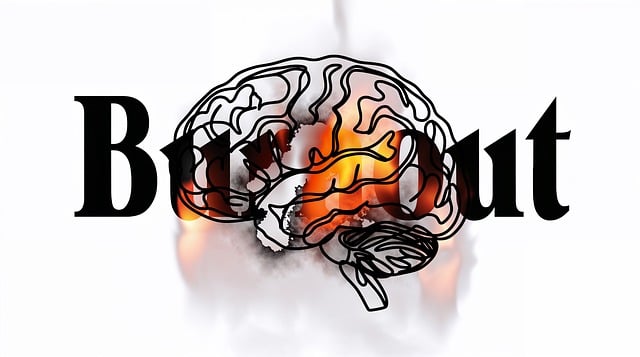Lone Tree dissociative disorder therapy (LTDDT) focuses on coping skills development through cognitive-behavioral therapy (CBT), eye movement desensitization and reprocessing (EMDR), and mindfulness techniques to address LTDD's unique challenges. These approaches aim to improve emotional well-being, reduce distress, and enhance resilience by teaching positive thinking, stress management, and self-care strategies. Long-term benefits include better life challenge management, reduced trauma impact, and improved mental health overall, making LTDDT an effective game-changer for individuals dealing with this complex disorder.
Coping skills development is a vital component of therapy, empowering individuals to navigate life’s challenges with resilience. This article explores the intricate relationship between coping mechanisms and mental well-being, particularly focusing on Lone Tree Dissociative Disorder (LTDD) therapy. We delve into effective strategies for cultivating healthy coping mechanisms, highlighting their long-term benefits. By understanding the significance of coping skills, we can foster resiliency and enhance the therapeutic journey for those affected by LTDD.
- Understanding Coping Skills and Their Significance in Therapy
- The Role of Lone Tree Dissociative Disorder in Coping Strategies
- Effective Techniques to Develop Healthy Coping Mechanisms
- Nurturing Resiliency: Long-term Benefits of Coping Skills Training
Understanding Coping Skills and Their Significance in Therapy

Coping skills are a set of strategies individuals use to navigate and manage their emotional responses to stressful or traumatic events. In Lone Tree dissociative disorder therapy, understanding and cultivating effective coping mechanisms is paramount. These skills play a pivotal role in therapy by empowering clients to regulate their emotions, reduce distress, and foster resilience. By learning positive thinking techniques, mindfulness practices, and healthy stress management strategies, individuals can transform their responses to challenging situations.
In the context of addressing dissociative disorders, coping skills development becomes an essential tool for depression prevention. Therapists aid clients in identifying unhealthy coping mechanisms that may have developed as a result of dissociation and teach alternative strategies. This involves enhancing emotional awareness, encouraging positive self-talk, and promoting a range of adaptive responses. The goal is to help individuals develop a robust toolbox of coping skills, enabling them to navigate life’s challenges with greater ease and flexibility while mitigating the risk of mental health deterioration.
The Role of Lone Tree Dissociative Disorder in Coping Strategies

Lone Tree Dissociative Disorder (LTDD) significantly influences coping strategies, presenting unique challenges for individuals navigating their mental health. This disorder, characterized by episodes of detachment from reality and fragmented identity, often requires specialized therapy approaches. LTDD therapy focuses on helping individuals regain a sense of control and manage the dissociation symptoms effectively.
Through various therapeutic modalities, such as cognitive-behavioral therapy (CBT) and eye movement desensitization and reprocessing (EMDR), individuals with LTDD can develop robust coping skills. Self-esteem improvement is a key aspect, as building resilience and a positive self-image empowers people to confront and process traumatic experiences. Emotional well-being promotion techniques, including mindfulness practices and compassion cultivation, play a crucial role in managing dissociation and fostering a deeper connection with oneself. These strategies not only help individuals cope during episodes but also enable them to lead fulfilling lives by integrating different aspects of their identity.
Effective Techniques to Develop Healthy Coping Mechanisms

Developing healthy coping mechanisms is a vital aspect of maintaining emotional well-being and can significantly support individuals dealing with challenges or traumatic events. Lone Tree dissociative disorder therapy, for instance, often incorporates various effective techniques to enhance clients’ ability to navigate stress and distress. One such technique is mindfulness meditation, which encourages individuals to focus on the present moment, thereby reducing anxiety and fostering a sense of calm. This practice can be particularly beneficial for those struggling with dissociation, helping them re-establish connection with their thoughts and feelings.
Additionally, Emotional Wellness Coaching Programs Development emphasizes the importance of self-care strategies such as regular exercise, adequate sleep, and maintaining a balanced diet. These habits contribute to overall mental wellness coaching programs by reducing symptoms of depression and anxiety. The process of emotional healing, often explored through techniques like cognitive behavioral therapy (CBT), helps individuals challenge negative thought patterns and replace them with healthier coping mechanisms. By combining these Emotional Well-being Promotion Techniques, individuals can effectively build a robust toolkit for managing life’s challenges while promoting long-lasting positive outcomes.
Nurturing Resiliency: Long-term Benefits of Coping Skills Training

Nurturing resiliency through coping skills development offers profound long-term benefits, especially for individuals navigating complex challenges such as Lone Tree Dissociative Disorder Therapy. By equipping them with effective strategies to manage stress and adversity, these skills empower people to lead more fulfilling lives. Research highlights that cultivating resilience can reduce the impact of traumatic experiences, enhancing overall mental health and well-being.
Incorporating trauma support services like Mental Health Education Programs Design and Compassion Cultivation Practices into coping skills training further strengthens this process. These programs foster a sense of self-compassion and emotional regulation, enabling individuals to confront and overcome their struggles. The result is not only improved coping mechanisms but also enhanced resilience that can be applied across various aspects of life, leading to greater stability and a deeper sense of inner peace.
Coping skills development is a transformative process that can significantly enhance well-being, especially for those dealing with conditions like Lone Tree Dissociative Disorder. By understanding and adopting healthy coping mechanisms, individuals can effectively navigate life’s challenges and promote long-term resilience. This article has explored various aspects of coping skills training in therapy, highlighting its crucial role in fostering adaptability and personal growth. Through evidence-based techniques, one can cultivate a robust toolkit to manage stress, regulate emotions, and ultimately lead a more fulfilling life, even in the presence of complex mental health conditions like Lone Tree Dissociative Disorder Therapy.

